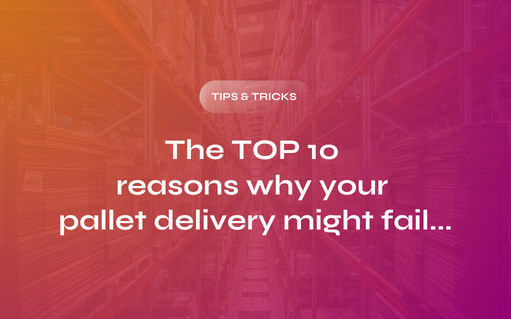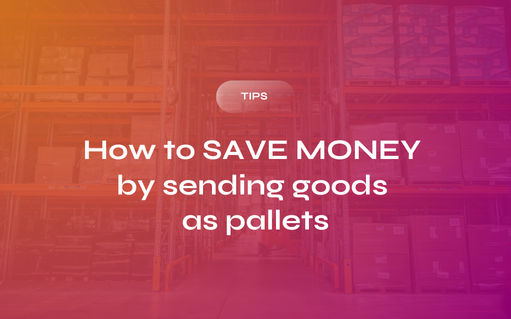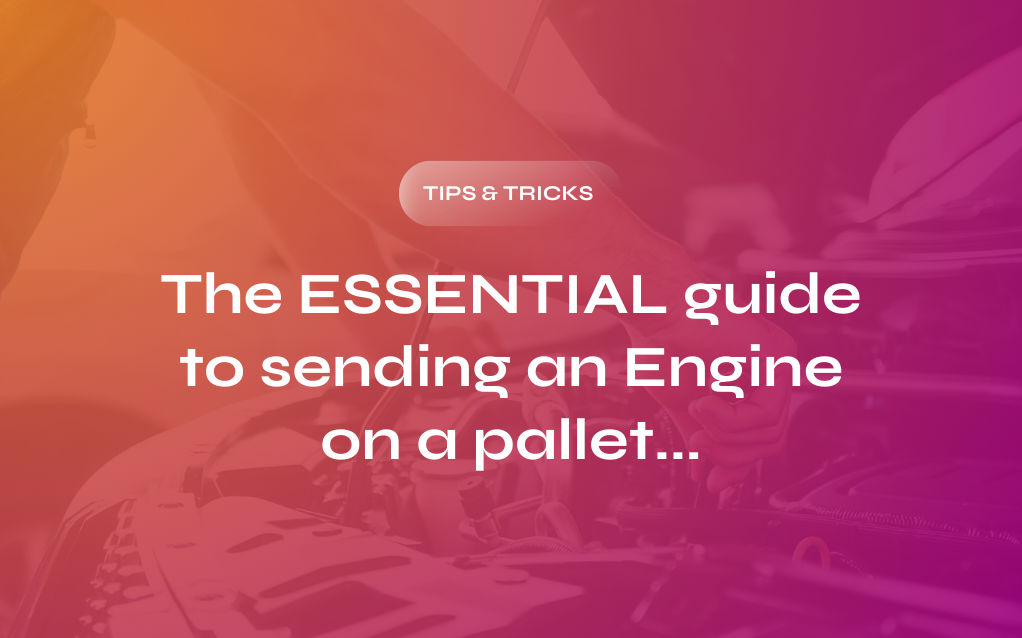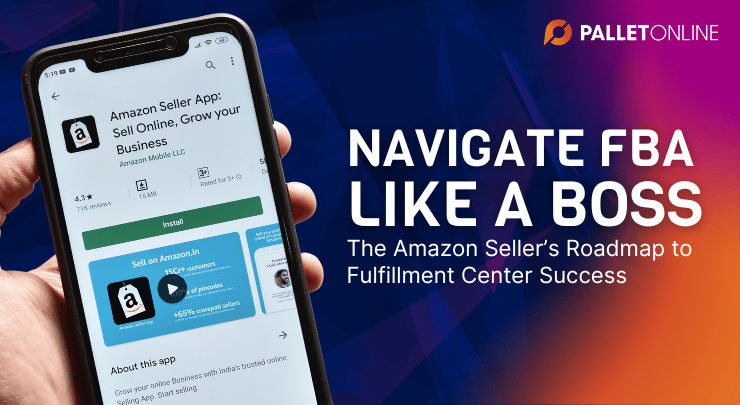
Get to know Charlotte, our creative animal lover, who enjoys painting, travel and planning for future adventures. ...
Meet the people behind the pallets - and the small logistics tricks that make a big difference.

Get to know Charlotte, our creative animal lover, who enjoys painting, travel and planning for future adventures. ...

Avoid missed collections and refused deliveries. Learn the 10 most common reasons pallet deliveries fail, and how to pre...

Get to know Matt from PalletOnline Customer Service team, from transport experience to football, gigs and dream holidays...

The world of logistics and haulage pressed forward in 2024 with changes that reshaped fleets, altere...

With over 460 haulage companies collapsing in the last year, how many more need to go under before t...

The UK has been grappling with a perceived HGV driver shortage for years, find out why....

Avoid missed collections and refused deliveries. Learn the 10 most common reasons pallet deliveries ...

Discover how pallet deliveries can cut shipping costs and make sending large or bulky items easier a...

Did You Know? Engines are one of the most popular items shipped through a pallet network....

Getting your stock into Amazon can seem like an absolute minefield when you’re just getting st...

Black Friday is just around the corner; are you ready to meet the demands of your customers this yea...

The world of FBA shipping can be daunting, and slip-ups will be made. In this blog, we'll discuss ho...

Get to know Charlotte, our creative animal lover, who enjoys painting, travel and planning for futur...

Get to know Matt from PalletOnline Customer Service team, from transport experience to football, gig...

In our first Meet the Team for a while, we'll be introducing our Customer Service and Logistics Lead...